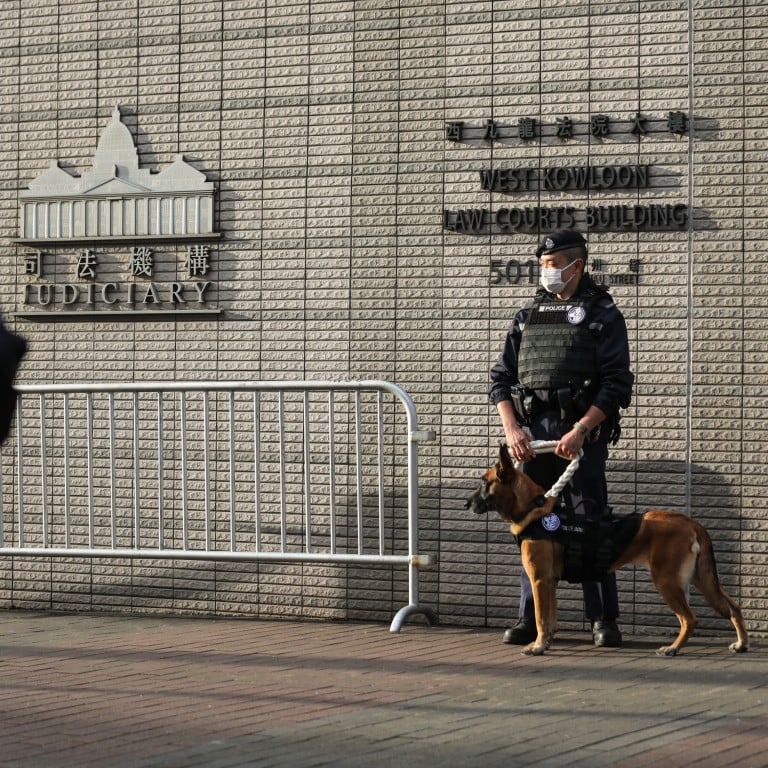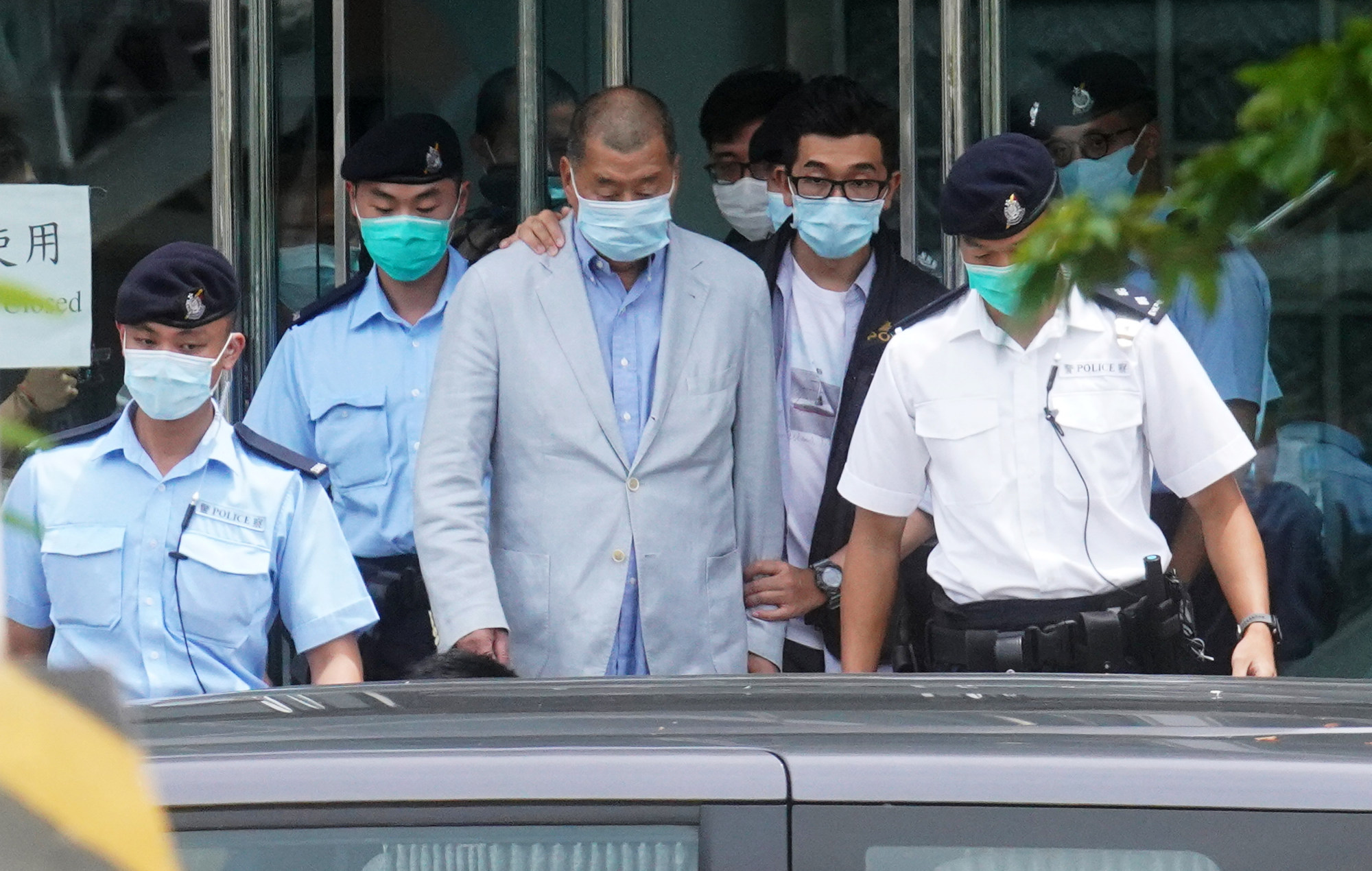
Hong Kong media tycoon Jimmy Lai wanted to convince radical protesters to show restraint as chaos, damage had ‘ruined picture’, court told
- Media mogul had proposed a ‘purification scheme’ seeking to de-escalate violence that had gripped the city, prosecution witness Wayland Chan says
- Prosecutors alleged that Lai gave instructions to activists of a global lobbying group via Chan to instigate economic sanctions and other hostile acts from the West
Chan turned prosecution witness after pleading guilty to conspiracy to collude with foreign forces in 2021.
The Jimmy Lai trial so far: daily updates on his Hong Kong national security case
Prosecutors alleged that Lai gave instructions to activists of a global lobbying group via Chan to instigate economic sanctions and other hostile acts from the West against Hong Kong and mainland China.
West Kowloon Court heard Lai sought a dialogue with frontline protesters and told Chan during the meeting to put him through to them.
“He specifically asked me to see whether I could get in touch with ‘valiant’ leaders, as [he felt] the valiant camp had ruined the picture,” Chan recalled.
But the paralegal said he turned down Lai’s request by highlighting the difficulties in ascertaining whether a protester was affiliated with the “valiant” side.
Hong Kong activist told to flee to UK after receiving bail, Jimmy Lai trial hears
Anthony Chau Tin-hang, for the prosecution, sought to explore the degree of Lee’s participation in the tycoon’s scheme, but Chan said he only recalled the Democratic Party founder telling him to try some sashimi.
He said Lai’s right-hand man, Mark Simon, had reimbursed him with HK$30,000 (US$3,830) after he had spent that amount on one exhibition in a Central tenement building.

The witness added he received HK$144,100 from Lai by cheque for similar events held in other local neighbourhoods and Taiwan.
The court heard that Lai and Simon, who previously worked for US naval intelligence, were of the view they should ride the momentum of the overseas advertising campaigns and further the cause of the protests with a different approach.
Prosecutor Chau said Simon had all along been fully aware of Li’s various commitments, a proposition the witness agreed with.
Chan also described Simon as a “grumpy” man who often complained about Li’s belated requests for financial help in the group’s advocacy campaigns.
“But in terms of ability, he held Li in very high regard,” the paralegal added.
The trial continues on Tuesday.
